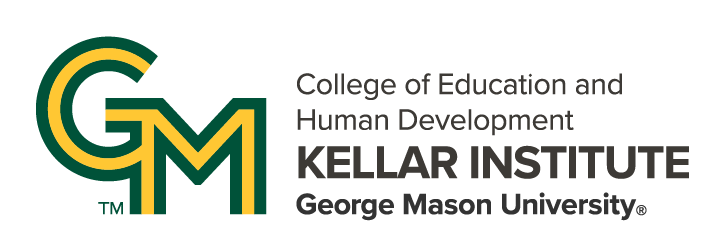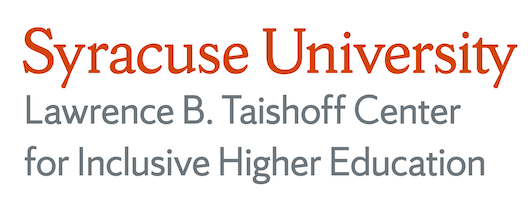Inclusive Postsecondary Education: Are There Program Components That Predict Employment?
Employment and Inclusive Postsecondary Education
DOI:
https://doi.org/10.13021/jipe.2024.3083Keywords:
inclusive postsecondary education, higher education, intellectual disability, employment, predictorsAbstract
Through secondary analyses of data obtained from the Transition and Postsecondary Programs for Students with Intellectual Disabilities (TPSID) National Coordinating Center database of model demonstration sites in Florida, this study examined components of inclusive postsecondary education programs for students with intellectual disabilities correlated with employment upon program exit. Inclusive coursework was found to have the strongest correlation with the post-school outcome of paid, competitive employment upon exit. This component aligns with the predictors of post-school success for students with disabilities (Mazzotti et al., 2016) and predictors of employment for people with intellectual disabilities (Southward & Kyzar, 2017). Areas of agreement are discussed as well as implications for stakeholders and suggestions for future research.
Downloads
Published
How to Cite
Issue
Section
License
Copyright (c) 2024 Louise Danielle Dahm Roberts, Lyman L. Dukes

This work is licensed under a Creative Commons Attribution-NonCommercial-ShareAlike 4.0 International License.




